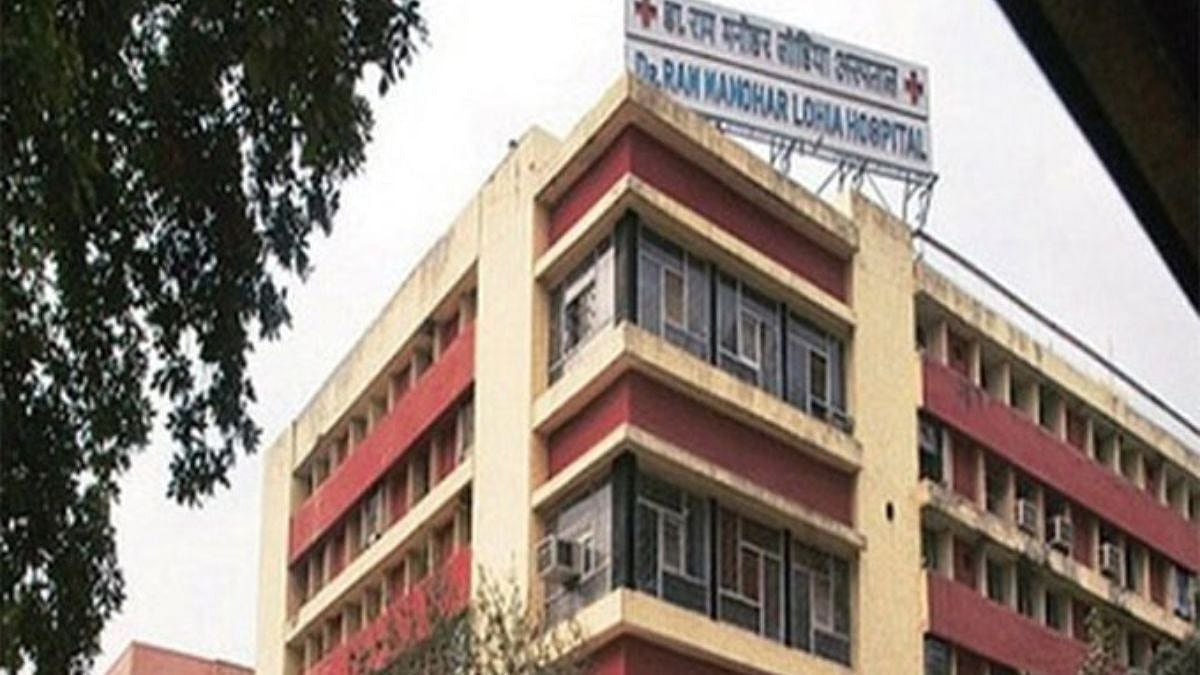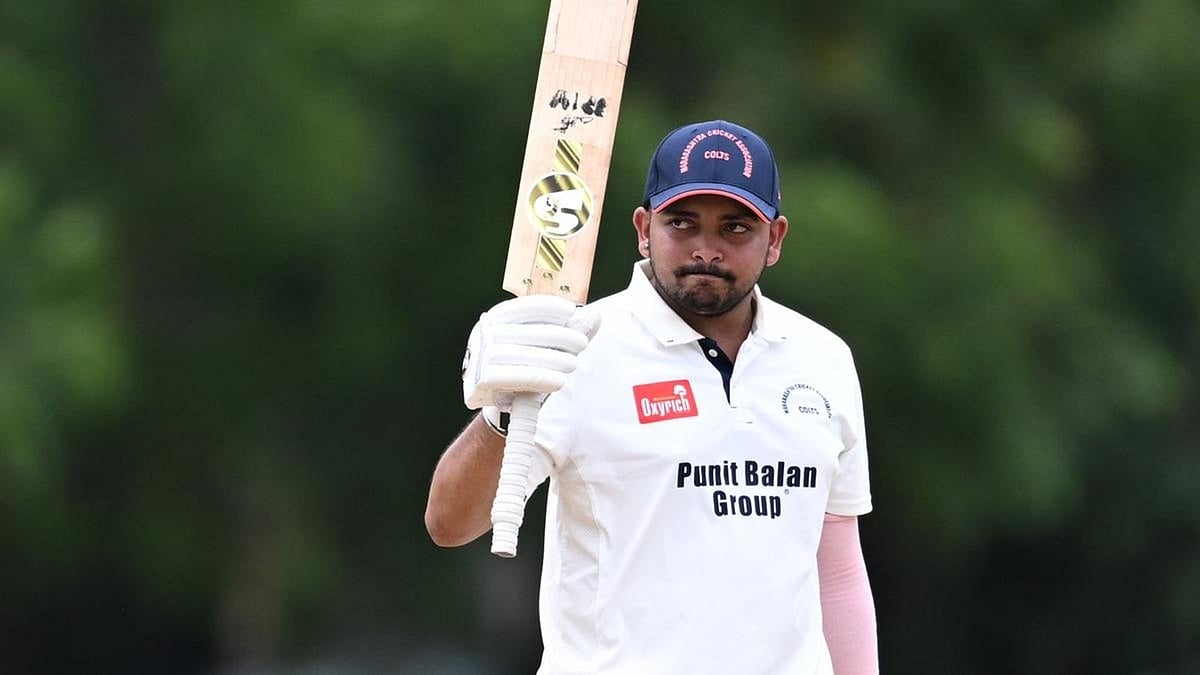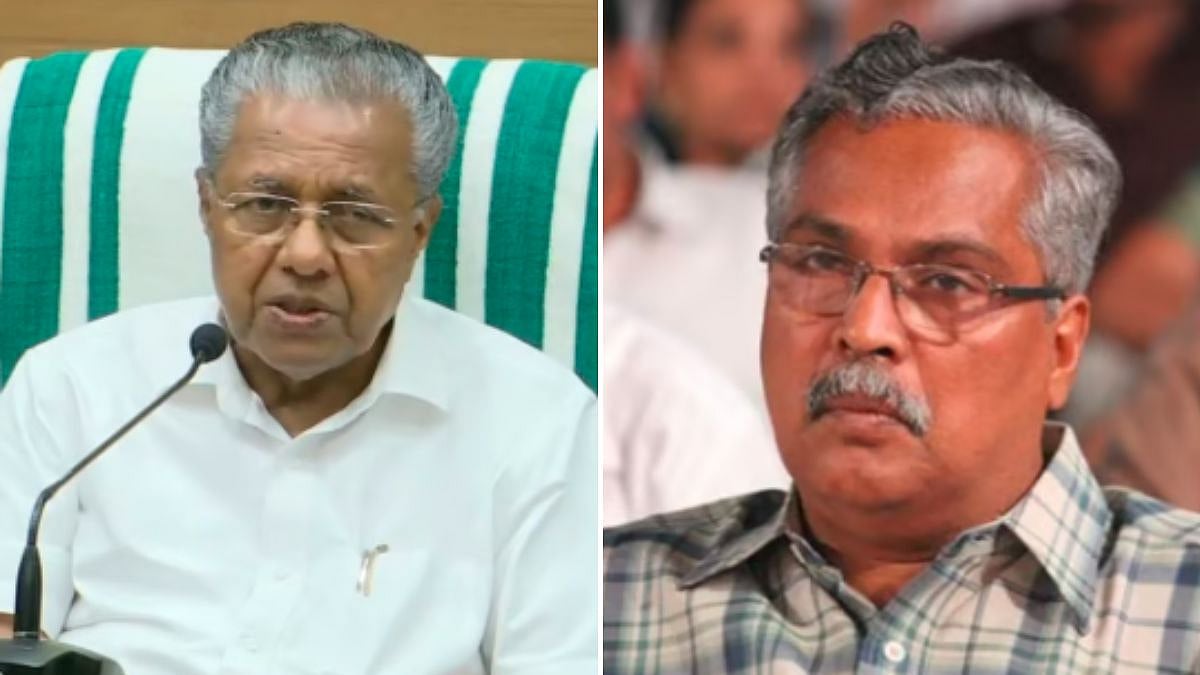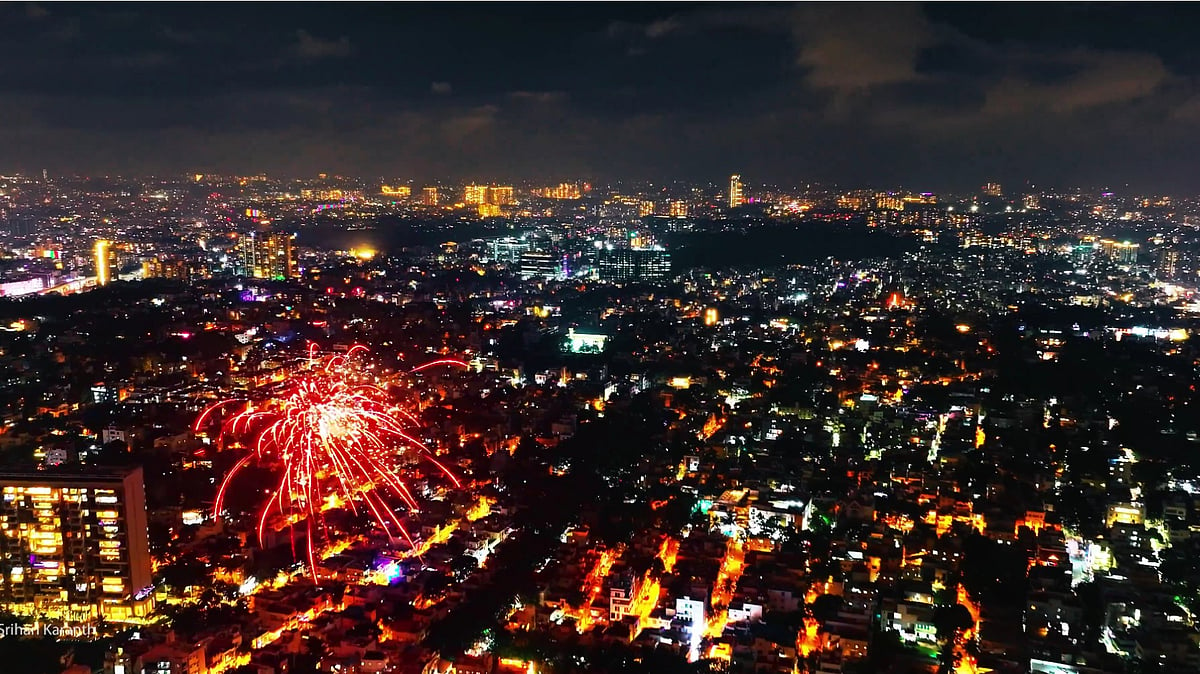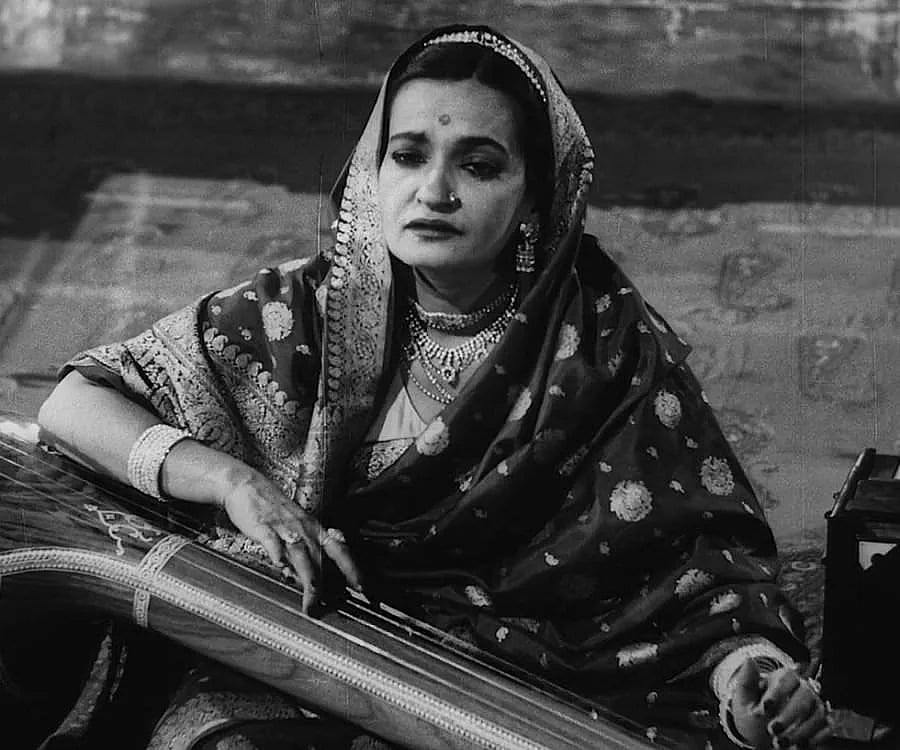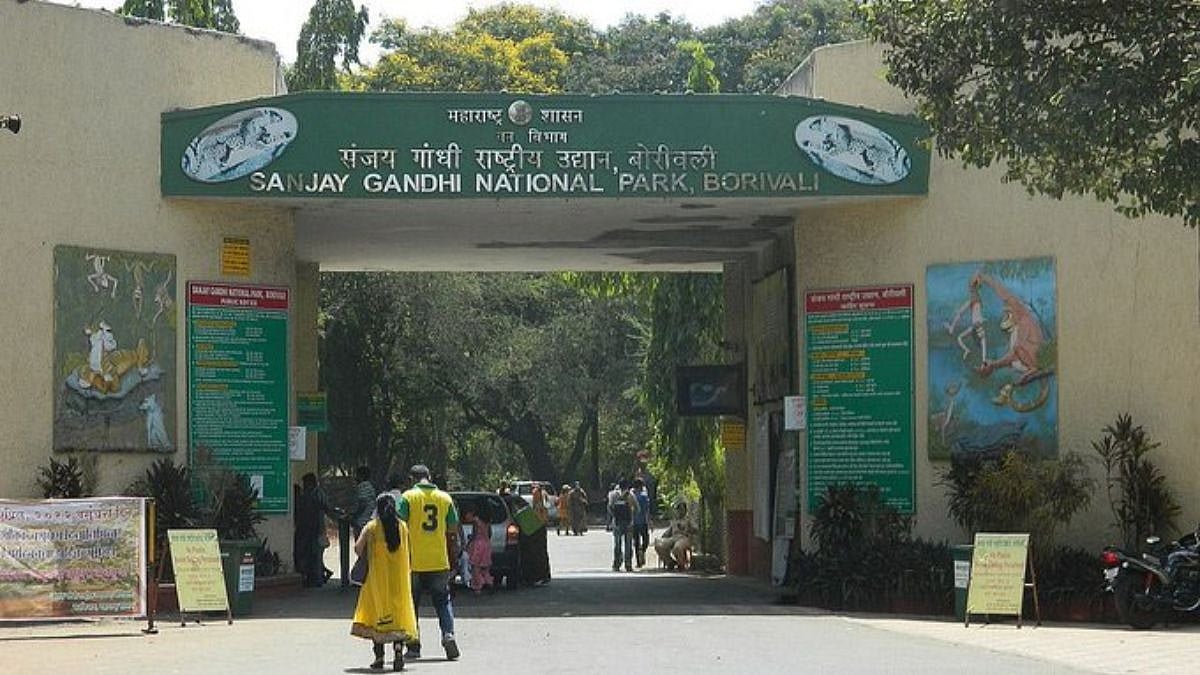The drama surrounding the Punjab Police manhunt for fugitive radical preacher Amritpal Singh which has entered its third day, and the spurt in pro-Khalistani activity in countries abroad have brought back memories of 1984 and the Operation Bluestar misadventure that culminated in the assassination of Indira Gandhi. The preacher’s supporters filing a habeas corpus petition in the Punjab and Haryana High Court, claiming that he has been spirited away by the police, has only muddied the waters.
Amritpal, who models himself on Jarnail Singh Bhindranwale, shot into the limelight by openly advocating secession and the creation of Khalistan. The preacher, who is in his thirties, was a truck driver in Dubai till he was radicalised. He copies Bhindranwale’s attire and mannerisms, surrounds himself with a posse of bodyguards, and uses the cover of religion to preach secessionism among jobless youth and the illiterate population of Punjab.

Intelligence sources believe Pakistan’s Inter Services Intelligence (ISI) has played a key role in the radicalisation of Amritpal in a bid to revive the Sikh militancy of the eighties. It is suspected that Amritpal came in contact with Jaswant Singh Rode, brother of Pakistan-based Khalistan activist Lakhbir Singh Rode and militant Paramjit Pamma in Dubai who in turn introduced him to the ISI which lured him with money to revive militancy in Punjab. With our western neighbour itself in so much turmoil and on the verge of economic collapse, this seems to be a theory that needs to be further investigated.
However, it is no coincidence that there is heightened Khalistani activity in Australia and the UK, where there is a large Sikh Diaspora. The attacks on Hindu temples Down Under and protests at the Indian High Commission in the UK lend credence to the view that there are concerted attempts by wealthy Khalistani sympathisers abroad to revive the secessionist movement of the Eighties. Pro-Khalistan voices have surfaced from time to time in the West, especially in Canada and the US, but the current attempt to radicalise the young Sikh population in Punjab seem to have a devious intent. Is Amritpal Singh only a pawn in the larger design to spread unrest and instability in the crucial border state?

The Central government’s concerns about the revival of militancy are justified amidst the Waris Punjab De outfit leader’s plans to launch a statewide Khalsa Vaheer campaign to baptise youths into Sikhism. Amritpal, by inciting young people to rebel against elected governments and invoking so-called discrimination against the Sikh community, is setting out on a dangerous journey. His supposed private militia Anandpur Khalsa Force was set up allegedly using de-addiction centres where illegal arms are stored. That he is cynically cashing in on addicts to spread his message of radicalisation portends ill for the state. With his pronouncement that Punjab can never be ruled by non-Sikhs, he is invoking fissures of the past. While openly threatening Home Minister Amit Shah and Chief Minister Bhagwant Singh Mann, he has recalled the assassinations of Indira Gandhi and Beant Singh.
His form of radicalism when his supporters brandished copies of the Guru Granth Sahib in Ajnala recently, while demanding the release of Amritpal’s close aide Lovepreet Singh Toofan from custody, must be nipped in the bud. The police were then seen to have yielded to his threats by releasing Toofan. However, in their current hunt for the fugitive preacher, the police have exercised restraint and wisely suspended the internet because in these times of social media wild rumours and incendiary messages can spread like wildfire. That several of his close aides have been arrested under the National Security Act and sent to the Northeast to be lodged in high security prisons there to prevent any disruption of law and order is another move that displays foresight.
There is no room for error in the endeavours to rein in anti-India elements that threaten to destabilise Punjab. The reign of terror that prevailed under the Khalistani militants during the eighties must surely haunt all sane individuals in the state. It took many years for Punjab to regain at least partly its lost glory. India cannot afford a re-run of those times when militancy claimed so many lives and almost destroyed the prospects of a state that was once the food bowl of the nation.

